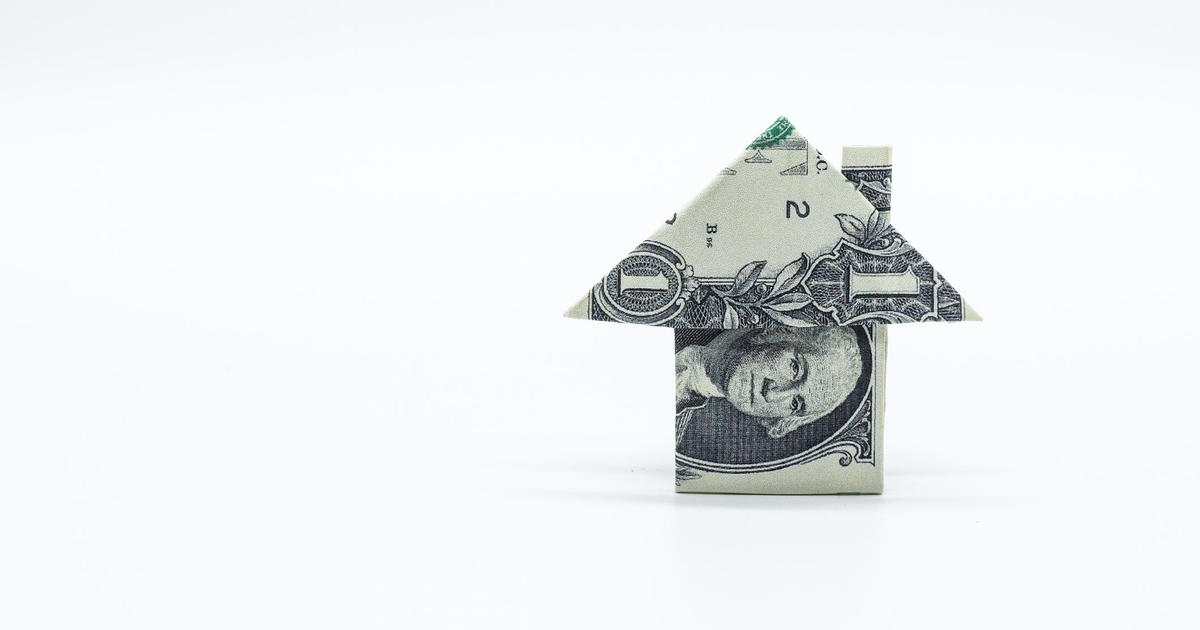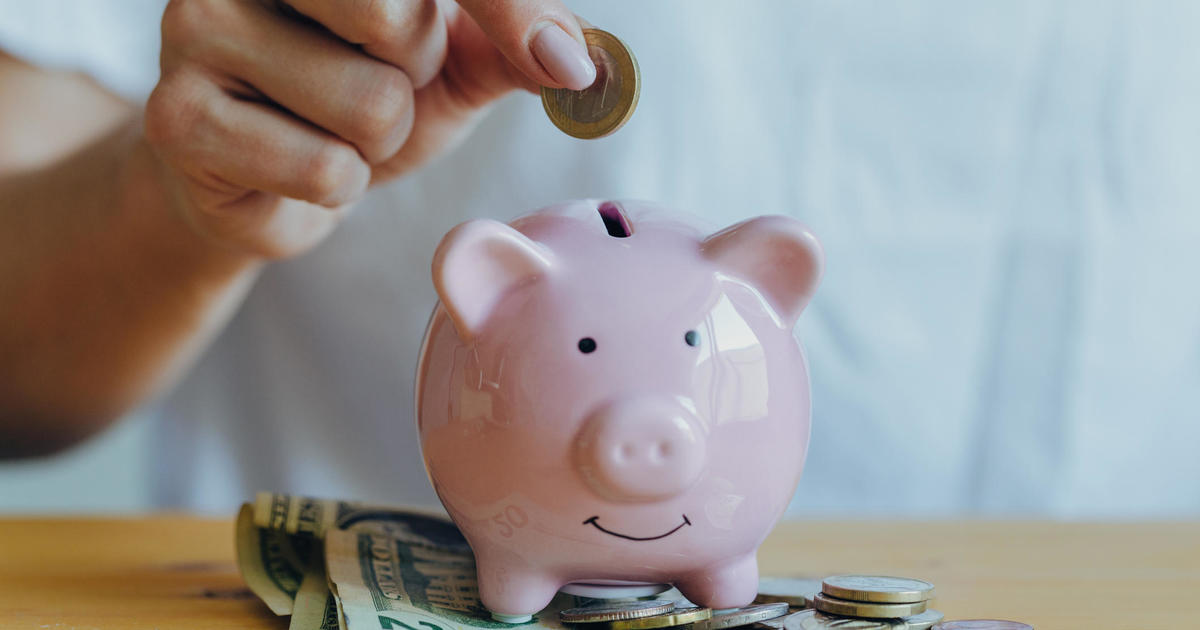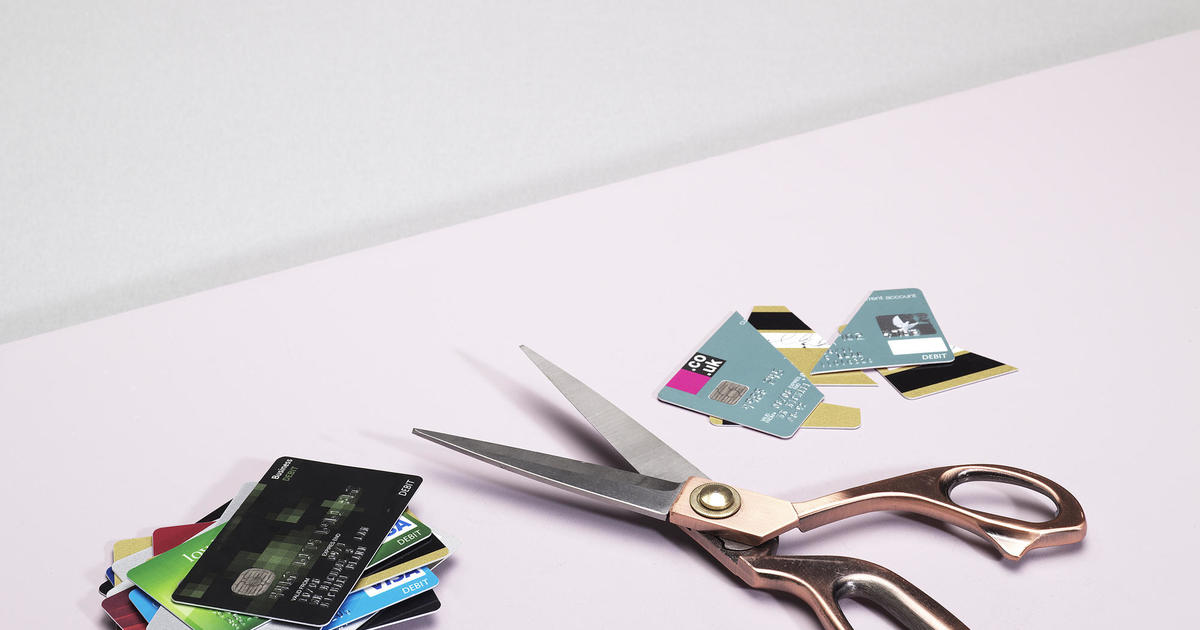Fed tipped to hike interest rates
The Federal Reserve is widely expected to again raise its key short-term interest rate today as U.S. economic growth remains strong and unemployment is at an 18-year low. The bottom line for borrowers: Everything from credit cards to auto loans to mortgages is about to become more expensive.
The Fed's monetary policymakers are likely to add another quarter-point to the central bank's key interest rate, putting it at 1.75 percent to 2 percent, the highest since 2008, economists said. The Federal Open Market Committee, the central bank's rate-setting panel, is scheduled to issue its latest policy statement at 2 p.m. Eastern time. Fed Chairman Jerome Powell will give a news conference 30 minutes later to explain the decision.
This would be the second of as many as four interest rate hikes this year. The Fed last raised its benchmark rate a quarter-point in March, moving it into the range of 1.5 percent to 1.75 percent.
The most immediate affect for consumers will appear in the form of higher interest rates on credit cards, home equity lines of credit and adjustable rate mortgages, said Greg McBride, chief financial analyst for Bankrate.com. The average credit card now charges a record-high 17 percent, and that will climb further, he said.
For borrowers with adjustable-rate mortgages, the affects could be dramatic, he said. "If your variable-rate mortgage only adjusts once a year, and there were three interest rate hikes in that year, borrowers should hang on because the monthly payment difference could be a doozy."
Rates on new mortgages and car loans will also go up, resulting in higher monthly payments, he said. Fixed rates have been on the rise, with the benchmark 30-year mortgage rate recently hitting a seven-year high of 4.8 percent during the week of May 23 before retreating.
On the other hand, rates on interest-bearing instruments like savings and checking accounts will tick up, benefiting consumers who save.
"While rising rates are good for savers, they can't sit back and wait for improving returns to come to them," McBride said. "Savers need to aggressively pursue the banks and credit unions with the best rates."
The best savings account rate is 2.05 percent, almost 23 times the national average of just 0.09 percent, according to Bankrate.com.
The Fed's latest rate actions are a result of its dual mandate: to keep inflation in check and to optimize employment. Unemployment has steadily declined, reaching 3.8 percent in May. U.S. economic growth is expected to be in the range of a robust 4.1 percent to 4.5 percent in the second quarter, according to notes by the Federal Reserve Bank of Atlanta and independent research firm Macroeconomic Advisers.
The strong economy is causing an increase in demand for resources, a moderate rise in wages and nonlabor costs, heightening inflationary fears, said Kathy Bostjancic, an economist with Oxford Economics, in a research note. The Fed raises interest rates to cool down the economy and keep prices in check.
"Market participants will scrutinize the policy statement and press conference for hints on whether the Fed leans toward three or four rate hikes this year," she said. "We continue to believe it will be four."
The current inflation rate is 2.5 percent for the 12 months ended April 2018, according to the U.S. Labor Department. The Fed has an annual inflation target of about 2 percent, Bostjancic said. However, "in the near-term, many policymakers anticipate inflation to overshoot the 2 percent target for a period of time," she said.
The stock market has already factored in a rate increase and shouldn't have a strong reaction if that is the Fed's decision this week, according to a note by TD Securities. "The market is extremely well priced for a June rate hike, and the Fed will not disappoint," the note said. TD Securities is expecting three rate increases in 2018.
"The price of money is rising, and as it continues to rise it will buffet financial markets, leading to greater volatility. This is normal." McBride said. "Investors shouldn't be taken aback and should stick with their current investment strategy."



